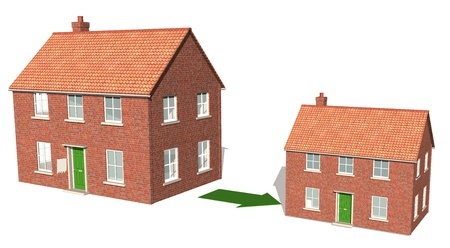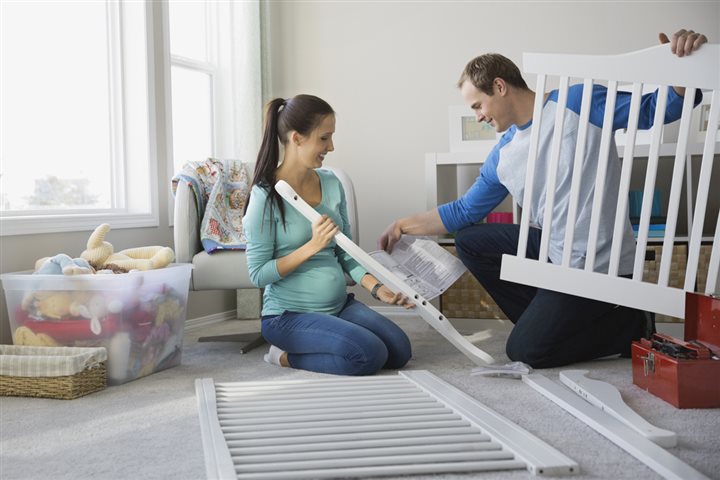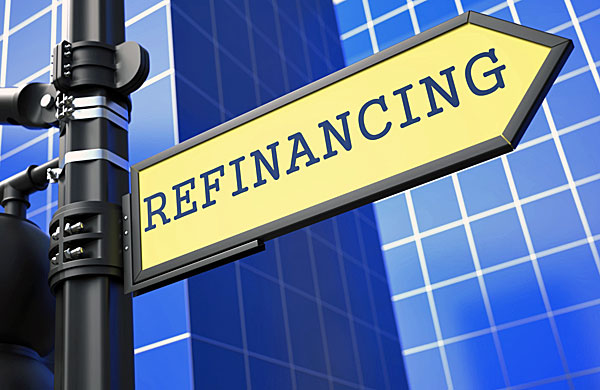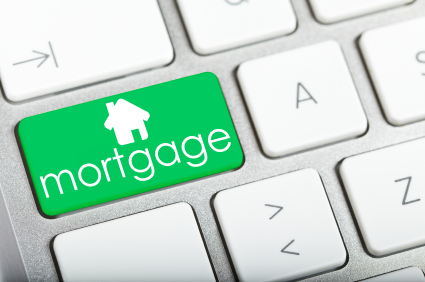Is Your Credit Score a Big Deal? You Betcha!
Is your credit score a big deal? If you want to buy a home, it’s a huge deal!
Your credit score will determine if you can get a loan. It will also determine how much you can borrow and what your interest rate will be! To buy a home with a mortgage loan you must have a strong credit score.
 There are three primary sources for credit scores in the US: Equifax, Experian and TransUnion. They all use the FICO system. These are the most used sources by creditors.
There are three primary sources for credit scores in the US: Equifax, Experian and TransUnion. They all use the FICO system. These are the most used sources by creditors.
FICO developed the computer software the major credit scoring companies use. FICO scores range from 300 to 850. However, many creditors consider 500 to be the bottom of the acceptable range.
Your score is a measure of your credit-worthiness and determines the interest rate that you will pay for a loan. It’s not unusual for a creditor to obtain all three of the major scores and average them. A very good score is 700, and an excellent score in 750.
The primary factors that determine your score are:
- payment history (35%)
- debt/amounts owed (30%)
- age of credit history (15%)
- new credit/inquiries (10%)
- mix of accounts/types of credit (10%)
65% of the total score is determined by only two factors: payment history and amount of debt owed. You must have a good history of paying your bills on time. And you must be very careful about how much debt you have relative to your income!
That last point is extremely important when borrowing for a home mortgage. As of 2014 the federal regulations governing mortgage lending have changed. Borrowers can no longer carry total debt of more than 43% of gross annual income, including the mortgage debt! Lenders are going to be very strict about adhering to that ratio. There are serious consequences for the lender not doing so.
Many actions you take affect your score. Most people don’t think about:
- unpaid medical bills and parking tickets can lower your credit score
- heavy credit use can lower your score, even if you pay large balances off in full in a short time
- credit scores drop if you sign up and use store cards for initial discounts
For more advice about managing your credit, click here.
Looking forward to buying a home? Educate yourself, manage your credit score, and know your credit score before your lender does.
Information provided by Chester County PA Realtor Scott Darling.
 However, if you think of them together the results will often be more than just the sum of the parts. The things you do to improve on by staging and curb appeal may even enhance your enjoyment of your home for the time before you sell. Let’s consider staging for selling in this blog…
However, if you think of them together the results will often be more than just the sum of the parts. The things you do to improve on by staging and curb appeal may even enhance your enjoyment of your home for the time before you sell. Let’s consider staging for selling in this blog… Mow your grass before you leave for your vacation. I would suggest that you set the mower on the shortest cut you can get so that you don’t have to worry about it growing up while you are gone. If you are going to be gone for an extended period of time you may want to arrange to have a family member mow your yard at least once while you are gone. Mowing your yard before vacation makes it look like you are still at home and therefore may keep away potential intruders.
Mow your grass before you leave for your vacation. I would suggest that you set the mower on the shortest cut you can get so that you don’t have to worry about it growing up while you are gone. If you are going to be gone for an extended period of time you may want to arrange to have a family member mow your yard at least once while you are gone. Mowing your yard before vacation makes it look like you are still at home and therefore may keep away potential intruders.  According to
According to  Reasons not to downsize:
Reasons not to downsize:  better match for financing a wedding. The key is to research the various types of loans, know what services they're designed to provide and then choose the one that best fits your financial needs.
better match for financing a wedding. The key is to research the various types of loans, know what services they're designed to provide and then choose the one that best fits your financial needs. it, and how you give it the water it needs. Here are some water-conservation tips for growing a garden and using the least amount of water possible:
it, and how you give it the water it needs. Here are some water-conservation tips for growing a garden and using the least amount of water possible: 1. What are my financial goals?
1. What are my financial goals? In the case of a couple having a joint mortgage, the death of one spouse will simply mean the other spouse becomes the sole mortgage-holder. As long as she can continue making the payments, the property will be unaffected. Federal law prohibits the lender from calling the entire mortgage due because one spouse has passed away.
In the case of a couple having a joint mortgage, the death of one spouse will simply mean the other spouse becomes the sole mortgage-holder. As long as she can continue making the payments, the property will be unaffected. Federal law prohibits the lender from calling the entire mortgage due because one spouse has passed away. 



